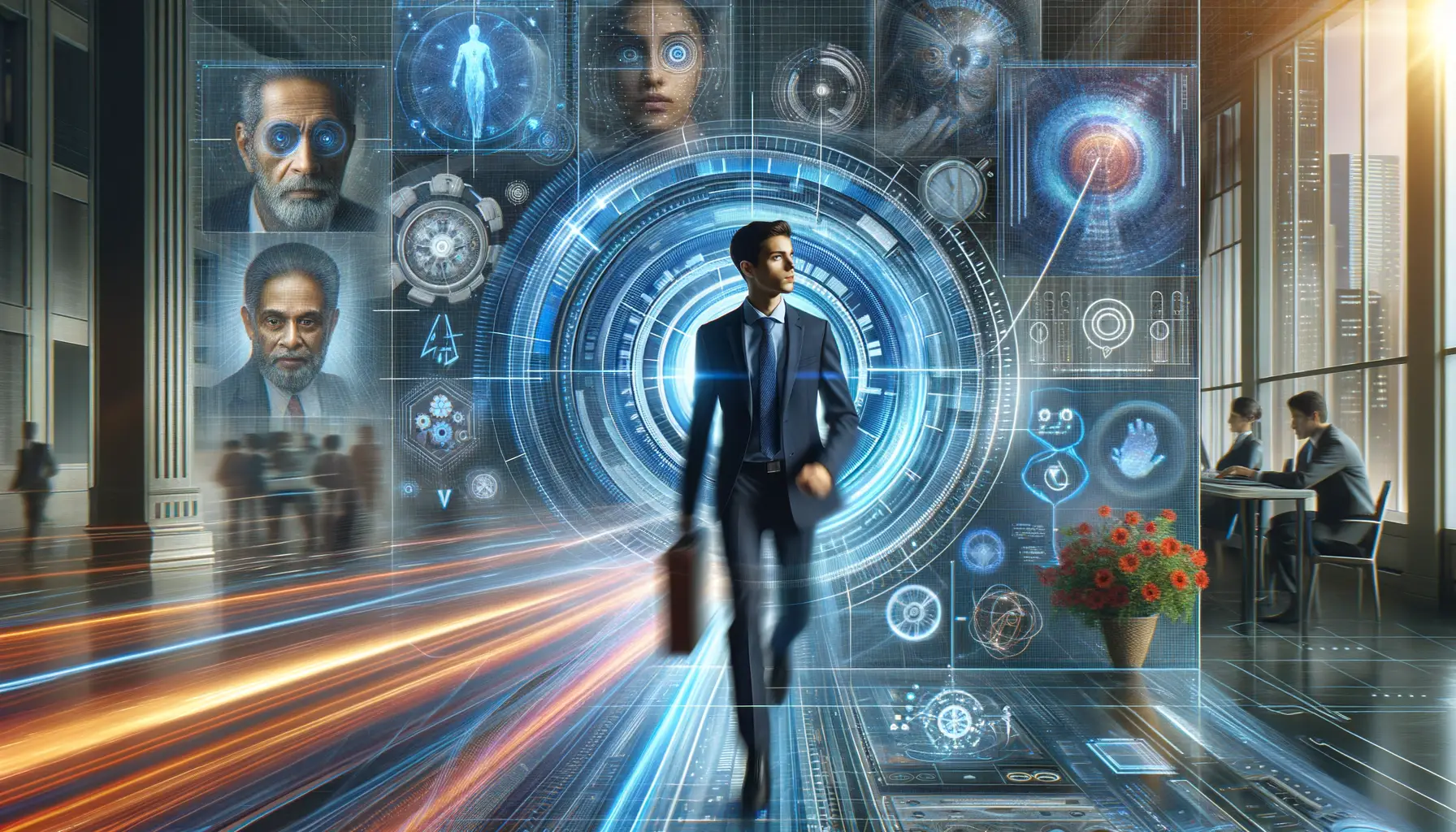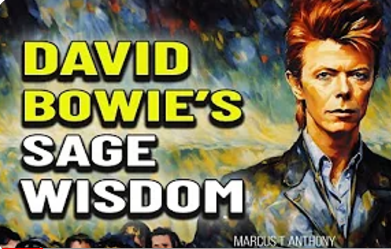The Consilience Project is a sensemaking platform founded by Daniel Schmactenberger. I’m a “fan” on their Facebook page. TCP is a fairly recent initiative, but one that is vital at this time in human history. Just a day or two ago they published the first of a series of articles on the crisis in sensemaking, entitled “It’s a MAD Information War.” It is lengthy, but I encourage everyone who is passionate about human futures and sensemaking to read it. The article is written articulately, is deeply insightful, and all while being well backed by both research and deeply reflective thinking. Its central argument is that we are all soldiers in an information war, and where the propaganda is so effectively implicit that many of us may be completely unaware of its pervasive presence. Exemplars are more easily identified if we are lie outside the battle zones. As stated early in the article, an American citizen resident in a swing state may be “subject to propaganda on social media from both domestic political parties and foreign militaries—a constant battle, 24 hours a day, 365 days a year, all in high-definition in the palm of (their) hand.”

But are any of us that much different?
And consider this:
“Just as the destructive power of nuclear weapons forced humanity to reorient to the idea that mutually assured destruction exists at the extremes of physical violence, so advances in information warfare require us to face the same truth of inevitable self-destruction, and to mutually back away. The challenges before us are technological, psychological, and cultural. But the first step in all of this is knowing that we are caught up in a new kind of war. If we are to survive, we must all understand how this situation came about, and grasp the basic dynamics of the advancing battle fronts.”
I first became interested in sensemaking long before it was called that. In my twenties, and because of personal experience research, I explored what might be described as “anomalous” cognitive experiences. I became involved with deep thinkers and deep-thinking communities which held a very different view of the human mind than that espoused in modern scientific representations. Eventually I came to the conclusion that our civilization has unconsciously permitted a delusion about the nature of the mind to pervade its entire formal sensemaking structures, including universities, its science and social sciences, and our established information media systems.
So, I was more skeptical (in the broadest meaning) of our sensemaking apparatus long before the current discourse in this area began to emerge. Yet things are now more urgent. To quote the article again:
“But it was not until the emergence of digital technologies that humanity collectively faced the reality of information weapons of mass destruction. In the context of informational warfare, mutually assured destruction is the total collapse of the epistemic commons, and the exhaustion of language as a means of cooperation for all parties on all sides of the conflict. (italics added).”
It is within this context that I have written the book: Power and Presence: Reclaiming Your Authentic Self in a Digitized World. Embodied presence (the ability to bring the mind into a state of quiet rest at will) is one simple means via which we can remain grounded enough to limit the power of external manipulation upon our minds. Having a well-developed capacity for embodied presence is not the end of the battle, perhaps merely a beginning. But it is a foundation via which we can begin to venture forth into the worlds (physical and virtual) and remain sufficiently grounded such that our capacity for sensemaking is not systematically attacked and retarded. As the Consilience Project article states, the potential cost of this sensemaking crisis is rising every day. Like astronauts who have crash landed on an alien planet, we need to learn, to understand and to master our very strange subject matter. And we need to do so very quickly.
One way to learn is through “the wisdom of trauma,” as Gabor Mate calls it in his film of the same name. But it would be far better (and wiser) to learn from foresight and intelligent sensemaking, before violence and bloodshed become our teachers. For then it may be too late.
I present you the Consilience Project article, here. Do feel free to comment.
Marcus




